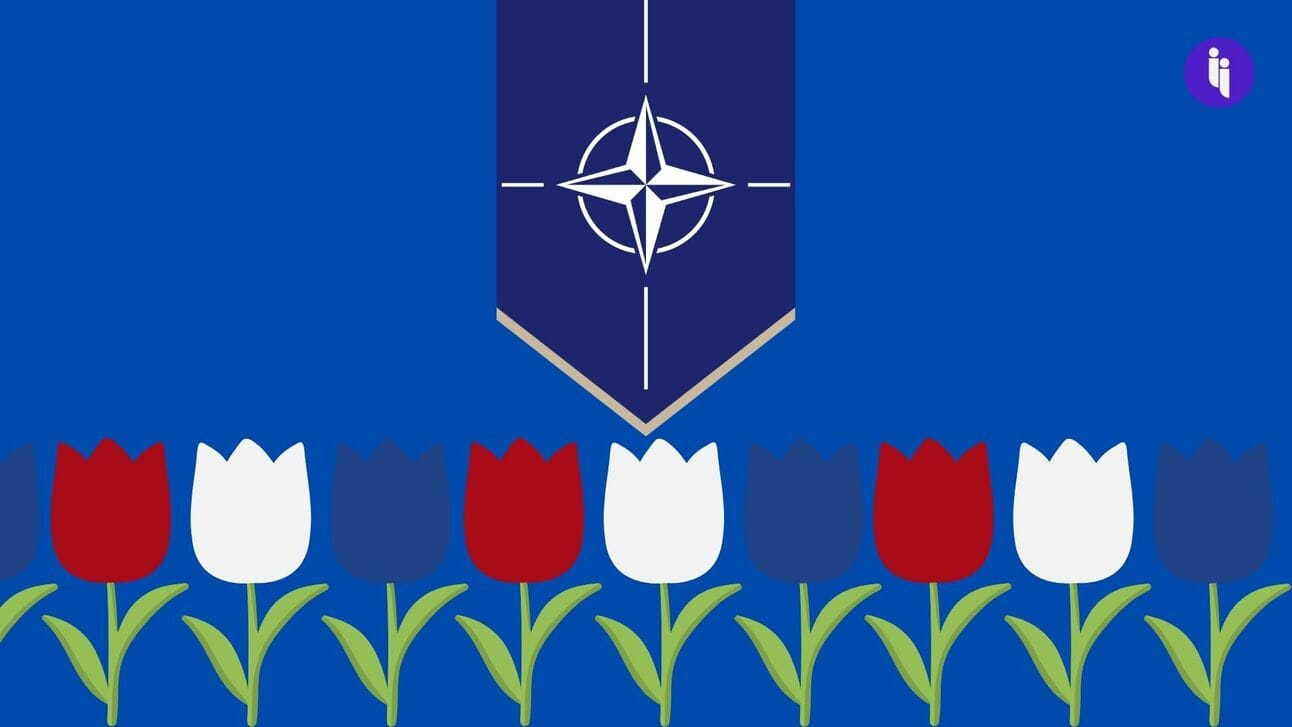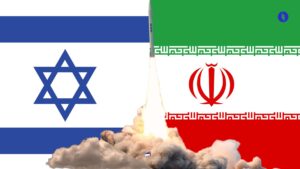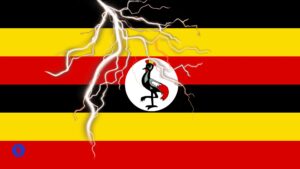Outgoing Dutch leader Mark Rutte will soon become NATO’s new secretary-general, after his only competitor (the president of Romania) quit the race yesterday (Thursday). Marky-mark will start in his new role in October.
A career politician, Mark Rutte has been Dutch prime minister since 2010, earning the nickname ‘Teflon Mark’ for his ability to survive scandals and coalition twists. He’s been a vocal supporter of Ukraine, and has backed US-led chip controls on China (at real cost to the Dutch chip machine pioneer, ASML).
Landing this NATO job wasn’t easy. Rutte has spent the last eight months hustling to win the backing of every one of the alliance’s 32 members, from big (the US) to small (Luxembourg).
Stay on top of your world from inside your inbox.
Subscribe for free today and receive way much more insights.
Trusted by 129,000+ subscribers
No spam. No noise. Unsubscribe any time.
One of the final holdouts was Hungary’s leader Viktor Orbán, who got Rutte to promise that “no Hungarian personnel will take part in the activities of NATO in Ukraine and no Hungarian funds will be used to support them”.
But while getting the job has been tough, the inbox awaiting him at NATO HQ in Brussels is tougher. Here are the top five things on Rutte’s to-do list:
- Get everyone to cough up
NATO’s rationale rests on deterrence. To back that up, NATO ministers pledged in 2006 to spend 2% of their GDP on defence, and NATO leaders then re-upped that pledge in 2014 after Russia seized Ukraine’s Crimea Peninsula. But even then, guess how many NATO members had hit their 2% target by 2021? Only six.
That all changed in 2022, when Putin launched his full-scale invasion. Alarmed, a record 23 NATO members now spend 2% of their GDP on defence.
But that’ll be tricky to sustain amid budget and cost-of-living pressures. And Rutte’s credibility with the laggards (like Spain, Canada, and Italy) will be undermined by the fact that Rutte himself has only just hit the 2% target this year in his own country, the Netherlands.
- Replenish NATO stockpiles
Several generals have warned that, following years of helping Ukraine defend itself, NATO’s weapons stockpiles are now looking thinner than 1990s eyebrows. So NATO members are vowing to accelerate joint procurement, boost production capacity, and lift interoperability between allied militaries.
But those big ideas are bumping up against the stubborn reality of trying to revive factories, skillsets, and supply chains that many NATO members neglected for decades. And the ripples are real and far-reaching – eg, Taiwan has been quietly fretting for years over US delays to shoulder-fired Stinger missiles.
Oh, and Rutte might also want to look into the retention issues faced by some NATO militaries if he’s got a spare 10 minutes (he doesn’t).
- Manage US ties
While US allies are spending more (see point #1 above), is it enough to satisfy weary US voters? NATO’s non-US members combined match US GDP, but they still spend less than half what the US spends on defence, and they’re dependent on US capabilities like intelligence, air-to-air refuelling, and missile defence.
The other (related) dynamic involves the top-polling candidate for the White House, Donald Trump, who has (eg) spooked NATO allies with the suggestion that US assistance could be contingent on them hitting their 2% pledges.
Here, however, Rutte seems well-placed: despite (or because of?) his willingness to push back on the former US president, Trump was known to like Rutte, earning him the title “the Trump whisperer”.
- Manage shifting EU politics
By the time Rutte takes the helm in October, he’ll be dealing with various new EU officials, a new Belgian leader, a likely new British leader, and newly-humbled leaders in France and Germany.
Plus, France’s more NATO-sceptic National Rally opposition is polling strongly ahead of upcoming parliamentary elections, though the party’s leader has said he’ll wait until the Russo-Ukraine war is over before pushing for any changes in France’s NATO commitments.
- Manage NATO’s north / east
One of the other top candidates for NATO chief was Estonia’s leader, Kaja Kallas, and her defeat hurts more than one candidate’s ego. Kallas herself made this point during a March podcast, noting that Rutte would be the fourth NATO chief from the Netherlands: “are we equals or are we not equals?”
It stings a little more when you look at NATO’s top defence contributors: five of the seven top-spenders (per GDP) are all in NATO’s north or east along Russia’s border: Poland, Estonia, Latvia, Lithuania, and Finland. That’s not a coincidence – each has experienced Russian invasion.
So given their stakes – and their visible NATO commitments – some of those world leaders have expressed feeling underrepresented in top NATO roles.
Now to close: as NATO nears its 75th anniversary next month, Rutte inherits a bigger and stronger alliance, but he leads it into a scary new world.
INTRIGUE’S TAKE
We once heard a former European leader reflect about the last time she met Vladimir Putin. Coming out of that meeting, she observed:
- Western countries tend to anchor their security in powerful alliances and stable neighbours, while
- Russia has tended to place less trust in alliances, and foster instability among its neighbours to prevent them becoming too strong.
History will show that Putin has over-reached in Ukraine, and that’s now culminating in more NATO spending and more NATO members. Sure, that’ll bring some challenges for Rutte, but more still for Putin.
Also worth noting:
- While Americans still support the NATO alliance, polling suggests many are reluctant to sign off on “military assistance to foreign governments who fail to do their fair share.”
- NATO’s mutual defence clause has only been invoked once in its 75 year history: by the US, after the terrorist attacks of September 2001.








